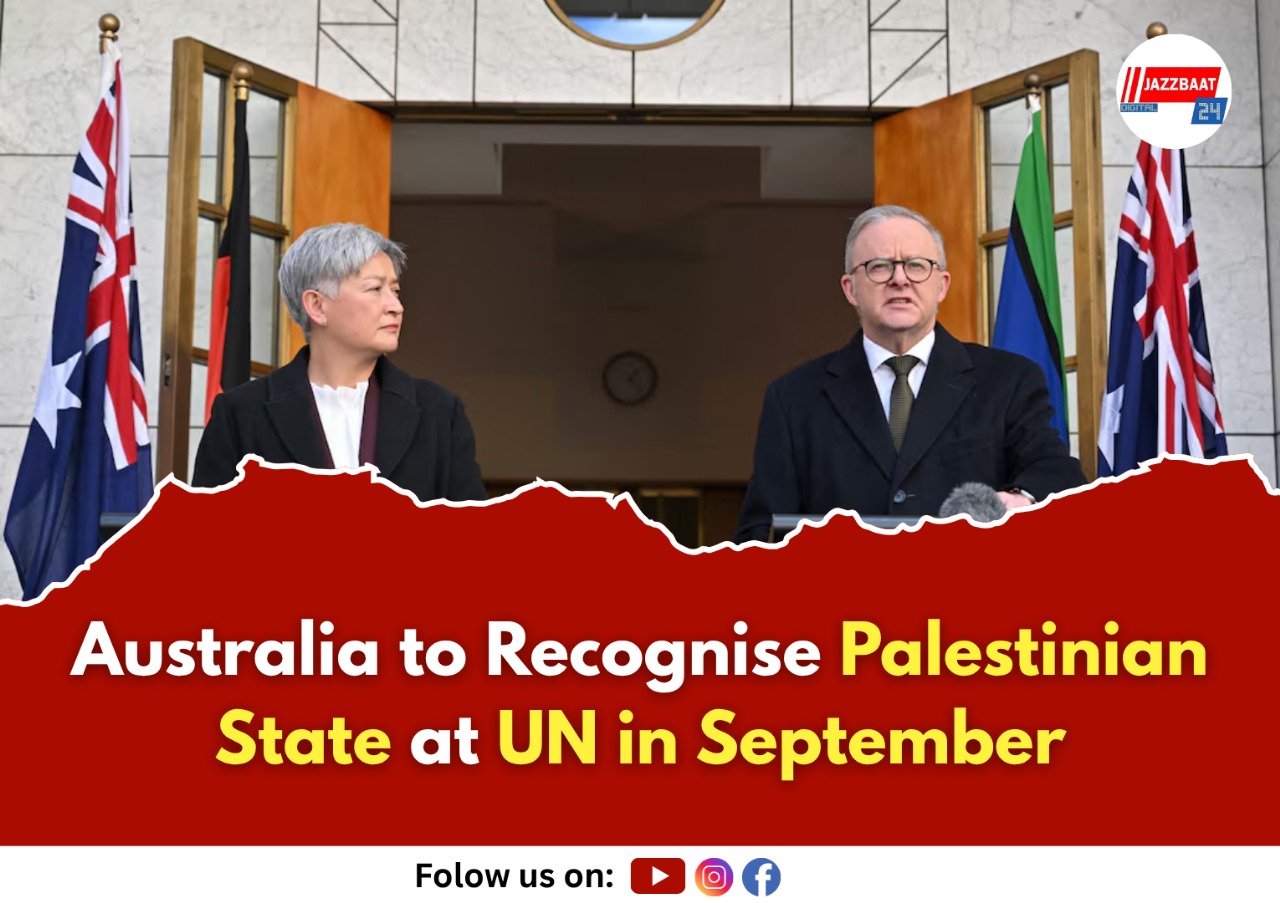
Prime Minister Anthony Albanese announces landmark decision amid growing international pressure to end Gaza conflict
Australia will formally recognize a Palestinian state when the United Nations General Assembly convenes in September, Prime Minister Anthony Albanese announced Monday, joining a growing coalition of Western nations taking similar diplomatic steps.
The decision comes as Australia aligns itself with the United Kingdom, France, and Canada, all of which have signaled their intention to recognize Palestinian statehood at the upcoming UN session. The move represents a significant shift in Australia's Middle East policy amid mounting domestic pressure and international criticism over the humanitarian crisis in Gaza.
"A two-state solution is humanity's best hope to break the cycle of violence in the Middle East and to bring an end to the conflict, suffering and starvation in Gaza," Albanese told reporters following a Cabinet meeting in Canberra.
The Australian government has made its recognition contingent on specific commitments from the Palestinian Authority, including a complete exclusion of Hamas from any future Palestinian government. Albanese emphasized that Palestinian Authority President Mahmoud Abbas has agreed to key conditions: demilitarization of Gaza, holding general elections, and continuing to recognize Israel's right to exist.
"Our government has made it clear that there can be no role for the terrorists of Hamas in any future Palestinian state," Albanese stated, describing the arrangement as an opportunity to "isolate Hamas, disarm it and drive it out of the region once and for all."
The announcement has sparked sharp political divisions within Australia. The opposition Liberal Party criticized the move as undermining the country's relationship with the United States and abandoning bipartisan consensus on Middle East policy.
"Recognizing a Palestinian state prior to a return of the hostages and defeat of Hamas risks delivering Hamas one of its strategic objectives," Liberal Party leader Sussan Ley said in a statement.
However, the Australian Greens and pro-Palestinian advocacy groups have criticized the announcement as insufficient, calling for more concrete actions including sanctions against Israel and ending arms trade relationships.
The decision follows weeks of massive pro-Palestinian demonstrations across Australia, including a march of hundreds of thousands across Sydney Harbour Bridge just days earlier. Foreign Minister Penny Wong recently warned there was "a risk there will be no Palestine left to recognise" without immediate action.
Australia's announcement came hours after an Israeli attack killed five Al Jazeera journalists in Gaza City, underscoring the ongoing violence that has claimed over 61,000 Palestinian lives according to Gaza health authorities.
Currently, 147 of the UN's 193 member states recognize Palestinian statehood. The coordinated recognition by several Western nations in September could mark a significant diplomatic milestone, potentially increasing pressure for a negotiated settlement to the decades-long conflict.
Meanwhile, New Zealand's Foreign Minister Winston Peters announced his country's cabinet would make a formal decision on Palestinian recognition next month, suggesting the diplomatic momentum may continue to build across the Pacific region.